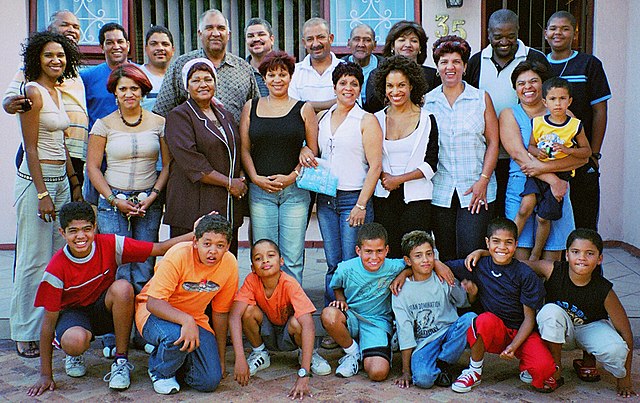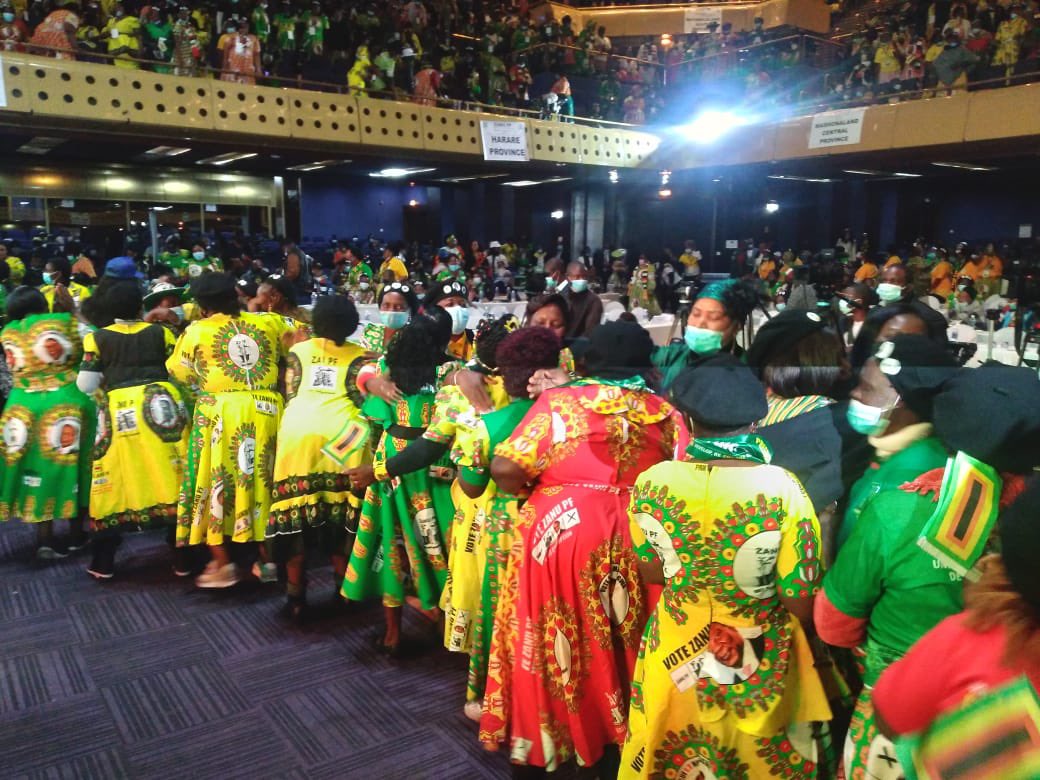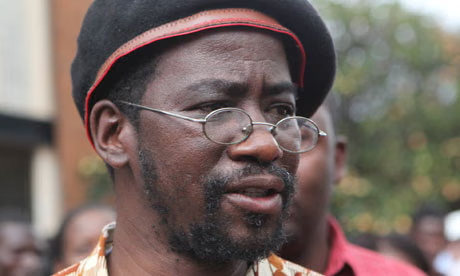With just days to go before the proposed July 31 demonstration in Harare, a cloud of confusion and concern hangs over what was initially billed as a mass civic action. As calls for public participation grow louder on social media, many Zimbabweans are left wondering: who is behind this protest, what is it really about, and is it even safe—or legal—to attend?
Despite growing online chatter and scattered calls for mobilization, no formal organization has publicly claimed responsibility for initiating the demonstration. There is no known leadership structure, no published list of demands, and no visible coordination with legal support groups or civil society organizations. This vacuum of accountability is sparking alarm among both potential participants and legal observers.
Who Called for It — and Why?
Citizens are asking simple but crucial questions:
Who exactly is organizing this demonstration?
What are the clear objectives or demands?
Has the necessary police notification under the Maintenance of Peace and Order Act (MOPA) been made?
Are there security and legal safeguards in place should things turn violent?
So far, none of these questions have been answered publicly. Instead, a swirl of anonymous accounts and cryptic hashtags has become the primary driver of momentum. Critics warn this is dangerously reminiscent of past unstructured protests that ended in chaos.
Lessons from the Past: A Warning from History
Memories remain fresh of the last major protest in 2026, where over 100 people were arrested in a single day. Some were detained for weeks without trial. Others failed to raise bail and remain behind bars to this day. Heart-wrenchingly, several families are still struggling to survive, with their breadwinners either incarcerated or now fugitives. Meanwhile, the so-called “organizers” of that action—believed to be operating from outside the country—vanished from the public sphere and have not accounted for the lives disrupted.
“There’s always a call for the people to rise. But when the people fall, where are the leaders?” asked Rudo Chitengu, a vendor in Harare who participated in a previous protest. “We are tired of being used as pawns in political games.”
Legal Loopholes and Human Cost
Legal experts have also raised red flags. According to Section 7 of MOPA, all public gatherings must be formally notified to the regulating authority at least seven days in advance. Failure to follow this process can result in the gathering being declared illegal—paving the way for police crackdowns, arrests, and legal exposure for those involved.
Yet as of this weekend, no public notification or legal documentation has been circulated confirming that the demonstration has official clearance. This suggests participants could be walking straight into a legal minefield.
“Demonstrating is a constitutional right, but it must be exercised responsibly,” said Harare-based human rights lawyer Tinashe Mudzamiri. “If no structures are in place for legal defence, bail support, or medical aid in the event of arrests or injuries, then those attending are completely vulnerable.”
No Safety Net, No Answers
Another key concern: who is funding or coordinating logistical support? There are no known hotlines, legal support groups, or designated liaison officers for those who may be arrested. In the event of injury, detainment, or police brutality, there appears to be no mechanism for immediate legal or medical intervention.
In the absence of transparency, many Zimbabweans are choosing caution.
Is This Demo Worth Participating In?
Opinions on the ground are sharply divided.
Some believe the protest is an overdue wake-up call to economic suffering, political stagnation, and deteriorating public services.
Others believe it is reckless, poorly organized, and dangerously exploitative, especially if people are urged into the streets without clear safeguards.
“There are real problems in this country. But this… this is not the solution,” said James Bwanya, a former student activist. “Protests must be strategic. Not suicidal.”
Conclusion: A Dangerous Gamble?
As July 31 approaches, Zimbabweans are being forced to make personal decisions in the face of ambiguity, potential danger, and legal uncertainty. Without a clear agenda, legal backing, or leadership accountability, many now question whether this is a people’s protest or a trap disguised as resistance.
Until answers are given, many citizens are opting to stay away—not out of apathy, but out of survival. For now, July 31 may end up being a test not just of public anger, but of how deeply Zimbabweans have learned the cost of unprotected protest.
Follow the link to listen to the full audio










